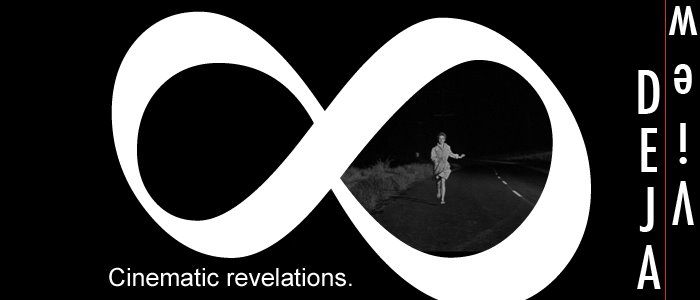
DIRECTOR: Ernst LubitschYou scarcely notice the silence watching director Ernst Lubitsch's lively, stylish and briskly paced German films, where actions speak louder than the sparing, often sarcastic intertitle. Later, when Mr. Lubitsch had the “luxury” of sound in his movies, he wisely skipped words when a facial expression sufficed. Perhaps he honed this art in the days before he hit his stride in Hollywood, finding ways to work around the limits of silent film in his native Berlin.
COUNTRY: Germany
WRITERS: Hanns Kraly, Ernst Lubitsch
PHOTOGRAPHY: Theodor Sparkuhl
CAST: Ossi Oswalda, Hermann Thimig, Victor Janson, Gerhard Ritterband
GENRE: Comedy, fantasy, romance
MISCELLANY: Silent, color-tinted, 64m
Mr. Lubitsch's trademark Touch is in full effect in his early works, especially here in “The Doll.” Also in “The Wildcat,” “The Oyster Princess” and “I Don’t Want To Be a Man.” All are available on a DVD box set Kino released in 2007.
The movies feature strong central female characters; startling bursts of creativity, which manifest in inspired sets, dance sequences and plot turns; and a winking but unblinking attitude toward gender and sex.
In “The Doll,” a baron who wants to preserve his family line tries to bully timid nephew Lancelot into marrying. When Lancelot tries to flee — 40 maidens in hot pursuit, predating Buster Keaton’s “Seven Chances” — he takes refuge in a monastery. There, the monks, who are generous enough to share a crust of bread with their guest as they smack their lips on meat, hatch a scheme: Lancelot will marry a lifelike doll to secure his dowry, then fork over the dough to them. Complications — and double entendres galore — follow when Lancelot unwittingly takes home the dollmaker’s daughter Ossi, not the mechanical toy made in her image.

“The Doll” blends special effects and a fairy tale setting with characters such as horses who refuse to haul when they’re tired and the dollmaker’s apprentice, who is prone to swill paint, smash dishes, and put the moves on his master’s wife and daughter. This scene-stealing silent punk elicits louder laughs than the many decades-worth of cinematic brats to follow.
Now, the story’s setup might sound contrived, but it unfolds in unexpected ways.
A sleepwalker hitches a celestial balloon ride (trousers optional). ...
A game of catch breaks out amid a showdown. ...
And throughout, it’s fun to watch the expressive Ossi, decked out in a sassy wedding dress, first having some fun acting the doll, soon struggling with the facade of artificiality.
Note: The feature-length documentary “Ernst Lubitsch in Berlin” shares a DVD with "The Doll" as part of the Kino 5-disc set featuring the F.W. Murnau Foundation’s 35mm restoration of Mr. Lubitsch’s German films.
RELATED READING: Our review of Ernst Lubitsch's "The Love Parade."
— Becky





No comments:
Post a Comment